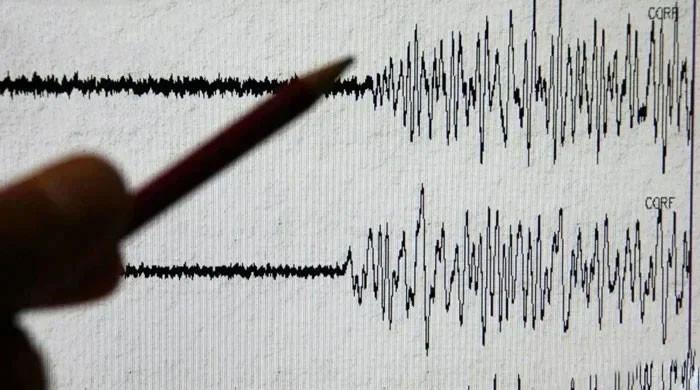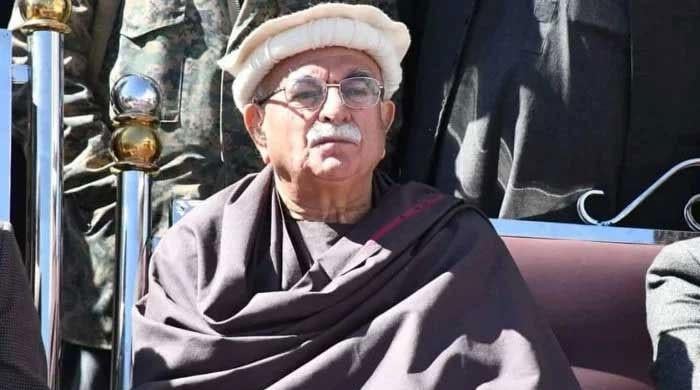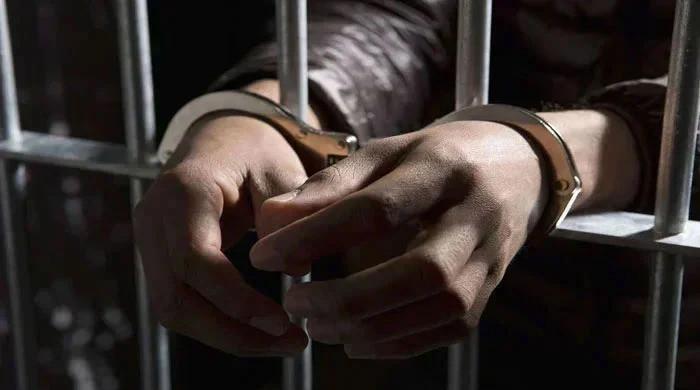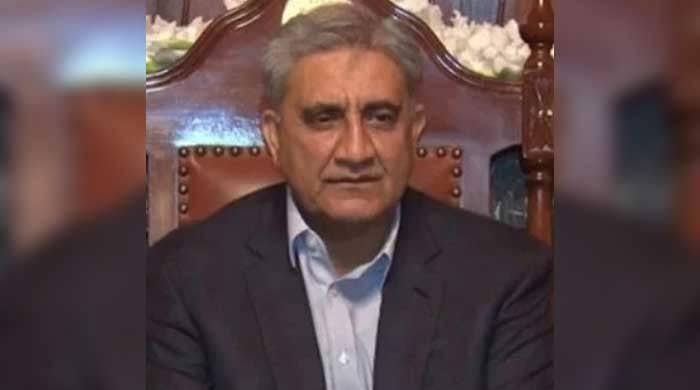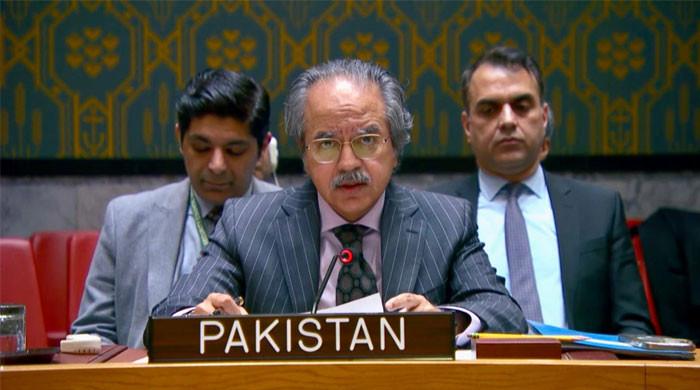Terror attacks and condemnations: Is it all just a PR exercise?
In this war against terrorism, 60,000 Pakistanis have lost their lives, and 60,000 families will be missing a loved one for decades. It took us 14 years to decide if this was our war or just a...
November 02, 2016
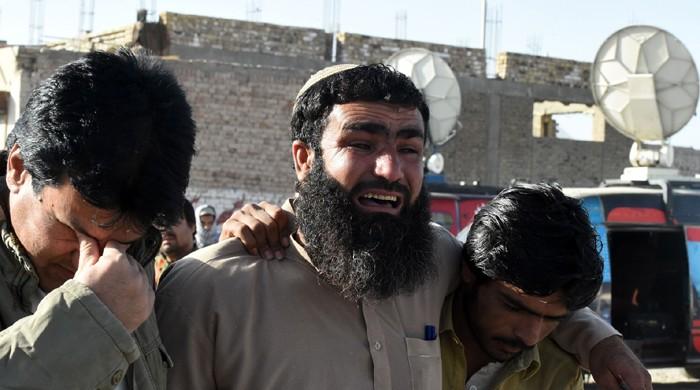
In this war against terrorism, 60,000 Pakistanis have lost their lives, and 60,000 families will be missing a loved one for decades. It took us 14 years to decide if this was our war or just a reaction to the American drone strikes. The same people who were hesitant to condemn these acts of terrorism two years ago have now turned this 'condemnation' into a public relations exercise.
Every terrorist strike is followed by a few words of condemnation, a race to the place of the incident, greeting people in hospitals, and then the routine exercise of 'blaming it on the others'. The loss of human life is a result of some of our actions or inactions. Every drop of innocent blood spilled demands accountability.
Let's take a look at the statements that have become a routine from both political and military leadership and examine how frivolous and hollow their claims are.
For the opposition leaders, the bomb blasts are a result of non-implementation of the National Action Plan (NAP) and the prime minister's silence on the arrest of Indian spy Kalbhushan Yadav. But what exactly has not been implemented in NAP?
80% of NAP is related to law and order, which is a provincial subject, so how can federal government be held responsible for this? Pakistan has raised the Kalbhushan issue at every forum, even presenting dossiers to the United Nations and the US government. How would a direct statement by the prime minister of Pakistan make any difference on this?
Ex-military men (at times serving too) sitting in TV studios will declare that we can't defeat terrorism without eliminating corruption, and then the anchors will automatically connect it to the civilian government's corruption. As a result, the discussion will be back to what we are used to.
Corruption should be eliminated at any cost, but there are more corrupt and badly governed countries than Pakistan, like Kenya, Zimbabwe, and Sudan, but they don't face the same threat of terrorism as we do. Because they didn't use religious extremism as a tool in foreign policy, or at least didn't use their own youth as fuel in that process.
On the other side, the government will try to hint that they have no control over law enforcement as the national security is in the GHQ's control, but then the same government will be taking credit for the improvement in overall law and order in their speeches and ads funded by the tax payers of Pakistan. Credit can only be given to those who accept the responsibility of lapses and failures too.
Since the civilians have too many skeletons in their closet, they have no moral authority to hold others accountable. The military leadership has this aura of being strong, fair and the most competent; they can't accept a weakness on their part. This is the reason every human life lost in terrorism is a collective failure of the entire leadership of this country—a failure to provide the very basic of human rights: the right to live.
After the recent attack on the Police academy in Quetta, this PR exercise has entered a very dangerous territory. It is not just about proving yourself more patriotic than others, now it is about proving the other party a traitor to prove your patriotism. As Imran Khan recently stated in his press conference and Shireen Mazari tweeted that the Indo-US-Israeli lobby is orchestrating these attacks on the Line of Control and different cities of Pakistan to save Nawaz Sharif from accountability. According to them, the APS attack was planned to end PTI's 2014 sit in. The attack on lawyers in Quetta was to divert attention from Panama leaks, and even the firing on the LoC is to support Nawaz in the internal political crisis. For the PML-N government, this movement against their alleged corruption is actually an attack on Pakistan and its forever weak democracy, and also equivalent to the attack in Quetta or the firing at the LoC.
The PTI is saying that a third time elected prime minister, who got 14 million votes from the people of Pakistan, is an Indian agent. According to the PML-N, the main opposition leader who got 7 million votes and the party which rules the most vulnerable province of Pakistan, is anti-Pakistan.
If these statements are true, where does the average voter stand in this contest of patriotism? Are they responsible for electing and supporting foreign agents as national leaders?
This is obviously not the way mature and sensible political leaders behave on issues especially related to national security. This is why, instead of moving forward we are stuck in a cycle where every major terror incident is followed by a statement condemning the incident, arrival at the scene, photo session and political point scoring, in short a PR exercise.
The author has a background in communication studies and works on media analysis
Views of the author do not reflect that of Geo News







